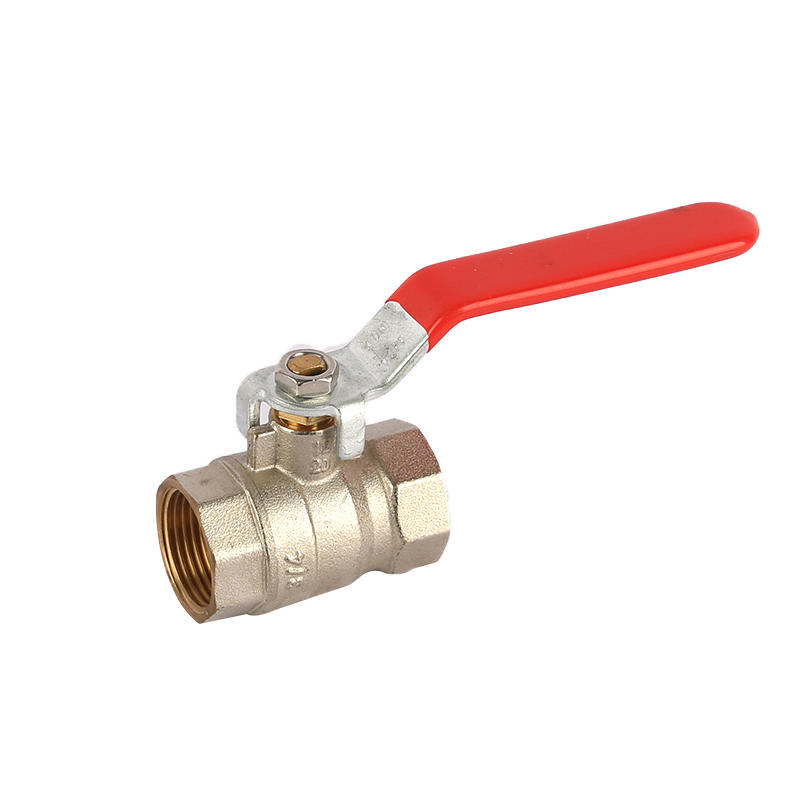Constructed primarily from brass—an alloy composed of copper and zinc—the brass ball valve exhibits remarkable properties that contribute to its widespread use. Its robustness, corrosion resistance, and malleability make it an ideal choice for a multitude of applications.
At the core of its functionality lies a spherical disc with a hollowed-out center, a design that offers unparalleled control over fluid flow. Rotating this sphere within the valve either allows or obstructs the passage of liquid or gas. The rotation mechanism provides a quick and efficient means to start, stop, or regulate the flow, offering operators precise control over the system.
The versatility of brass ball valves is evident in their adaptability to various environments and fluid types. Whether handling water, oil, gas, or corrosive substances, these valves exhibit exceptional resistance to degradation and chemical reactions, ensuring long-term reliability. This resilience makes them a preferred choice in industries ranging from oil and gas to water treatment, HVAC systems, and beyond.
One of the key advantages of brass ball valves is their ease of installation and maintenance. Their simple design, often featuring a lever handle for manual operation, facilitates straightforward installation. Additionally, their durability significantly reduces the frequency of maintenance, resulting in cost-effectiveness and minimal downtime for systems where they are installed.
brass ball valves come in different configurations to suit specific needs. From standard two-way valves to multi-port or three-way valves, these variations allow for customized control over the flow direction and distribution within a system. Such adaptability makes them indispensable in complex piping arrangements where precise fluid management is required.
Despite their numerous advantages, brass ball valves do have limitations. For instance, they might not be suitable for applications involving extreme temperatures or high pressure environments where materials like stainless steel or specialized alloys might be more appropriate.
the brass ball valve's reliability, durability, and versatility position it as a cornerstone in fluid control systems across industries. Its ability to facilitate precise regulation of various fluids, coupled with its resistance to corrosion and ease of maintenance, continues to make it an indispensable component in plumbing and industrial applications worldwide. As technology progresses, these valves will likely continue to evolve, ensuring continued efficiency and safety in fluid management systems.


 English
English русский
русский Deutsch
Deutsch












